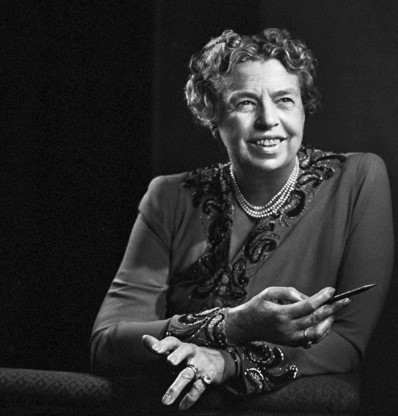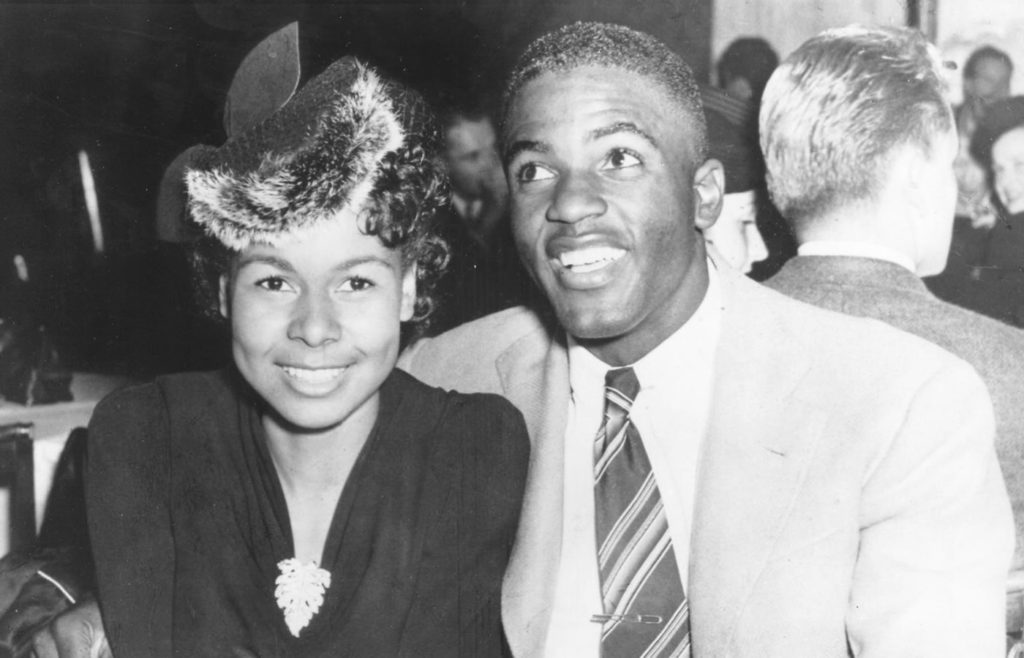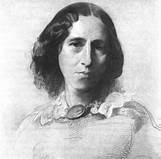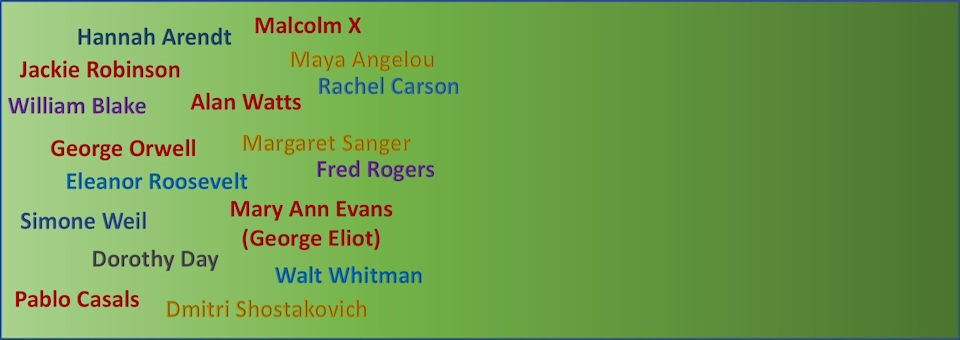Three plus years ago, coinciding with the beginning of the current U.S. Presidential term, I began a new series of profiles. Here’s how I began the first of them: “In these times when human nature seems darker and weaker than we know it to be, we should remind ourselves of qualities we admire and those people who exemplify them. It seems timely that my profiles now focus on individuals who hold us to a higher standard of decency, who may inspire us.”
I followed Dante’s example and chose only those no longer living, whose lives and works were important and inspirational. Only one of the seventeen would qualify as saintly (she would strongly disagree); the others had their personal limitations. I greatly enjoyed learning about them and applying astrology to their lives and times.
You will find many writers and two musicians, many who have been involved in fighting totalitarianism and racism, all original thinkers whose work invited a better future. Three were involved in the Spanish Civil War in the 1930’s; one famously criticized both sides and was a pacifist during World War II; one was refused her request to parachute behind enemy lines. Three (maybe four) lived in New York City in 1942 and at least two would have known each other – peripherally. Two pairs were born within three weeks of each other and form interesting contrasts.
To view the full profile on my webpage, click on the title. Enjoy!

Eleanor Roosevelt (1884-1962):
Our Contemporary
Wife and partner of Franklin Delano Roosevelt, Eleanor championed causes of economic recovery, civil rights, the immigration of Jewish refugees from Hitler (she failed). As postwar ambassador to the new United Nations, she helped draft the Declaration of Human Rights.

William Blake (1757-1827):
The Road Taken
Today considered one of the major poets of the English language, as well as an important visual artist, Blake and his work were little noticed during his lifetime. He combined strong sensitivity toward the suffering of others and a critical assessment of his own times into a powerful prophetic vision.

Rachel Carson (1907-1964)
and the Birth of Environmentalism
An esteemed science writer who, as she was dying from cancer, wrote the “controversial” Silent Spring that exposed the dangers of the DDT pesticide. Needless to say, the industries and lobbyists who profited from pesticides — and their purchased politicians — went after her. History has favored her greatly, for not only was DDT banned but she set the tone for future environmentalism: the interconnection between all living species on one planet.

George Orwell (1903-1950):
A Man for Our Season
Possibly the most influential British writer of the twentieth century, Orwell’s work is (unfortunately) relevant in our time of “alternative facts”, “gas-lighting”, and the abuse of language and emotion in the service of political dominance. He foretold the “surveillance state.” Orwell’s career as a writer delved into the dehumanizing effects of poverty and oppression and critiqued both leftist and right-wing ideologies.

Hannah Arendt (1906-1975):
Political Life (and its Demise) in the Modern Era
Arendt had settled into a life of pro-Jewish advocacy and academia. Subsequently fled the Nazis and settled in the United States. Among other works were The Origins of Totalitarianism and Eichmann in Jerusalem, famous for its depiction of “the banality of evil.” In spite of all she lived through, Arendt never lost her faith in human possibility.

Dmitri Shostakovich (1906-1975): Music for Interesting Times
Here is another side of the response to totalitarianism. One of the great classical composers of the twentieth century, Shostakovich had the ill-fortune to work mostly under the dictatorship of Stalin and could have been a victim of one of his purges. What emerged from his life and suffering was a lasting musical testament to the times in which he lived.

Malcolm X (1925-1965) and the Arc of History
Raised as Malcolm Little, his family was victimized by racism and, as a young man, discovered Islam while in jail. Eventually representing the edgier side of the Civil Rights movement, Malcolm X questioned the values of the society they were endeavoring to become part of. He combined a religious commitment and social activism in an ongoing creative endeavor – until his assassination.

Margaret Sanger (1879-1966): Social Progress and the Very Long Road
Margaret Sanger, like her friends in the suffrage movement and in the future civil rights movement, saw important change come very slowly. Sanger’s crusade for the legitimization of artificial birth control took decades to succeed, largely on the back of her indominable will. She was at the inception of the organization that would eventually morph into Planned Parenthood.

Alan Watts (1915-1973): One World, One Moment
Inspired by the orient from a very early age, Watts fell in with a group of Buddhist intellectuals in London as a teenager. He moved to the United States in the early 1940’s A prolific writer with the attitude of an inspirational preacher, Watts was instrumental in bringing Zen (and other aspects of Chinese and Japanese) to the west, showing how to be “Eastern” and “Western” simultaneously. His lectures are available online and never go out of date.

Dorothy Day (1897-1980): Untimely Prophet
A youthful writer and advocate of left-wing social causes in the early twentieth century, Day converted to Catholicism and became one of the leaders of the religious left in the previous century, She helped launch pragmatic non-ideological programs (including Houses of Hospitality) to help those in immediate need. Her writings continue to impress and instruct.

Fred Rogers (1928-2003): 2018’s Favorite Person
Rogers became famous in the United States for his groundbreaking children’s TV show that began in the late 1960’s. Who would think that espousing kindness and taking children seriously would make a person prophetic? In the past several years we have seen a resurgence of interest in Rogers’ life and work, establishing a contrast with our current atmosphere of cynicism and distrust.

Maya Angelou (1928-2014) and the Victorious Personality
Angelou’s young life is described in her classic I Know Why the Caged Bird Sings. In adulthood, as a performer, political activist, and writer, Angelou became the spokesperson for an entire generation of people who had been abused and marginalized, who could rise alongside her. Compared with this woman, we have done nothing with our lives, have overcome no obstacles.

Pablo Casals (1876-1973): Musician and Activist
Performed on the cello for Queen Victoria as a youth and President John Kennedy much later. Discovered J.S. Bach’s neglected Unaccompanied Cello Suites in a music store, practiced them alone for years, and finally brought them into performance. During the Spanish Civil War Casals aided the republican cause, helped refugees after its defeat, and vowed never to return while Franco was alive and in power. Unfortunately he died before Franco and never saw his native land again.

Jackie (and Rachel) Robinson (1919-1972): It Takes a Village
Jackie Robinson was a gifted ballplayer and had the perfect temperament to be the first black person in major league baseball in the twentieth century, yet many others – especially his wife – also needed to respond heroically for this “experiment” to be successful. (Happily, we also have Rachel Robinson’s astrological chart.)

Mary Ann Evans (a.k.a. George Eliot) (1819-1880) and the Harvest of Experience
George Eliot led an unconventional life as a nineteenth century British intellectual yet drew upon her family and cultural background to become one of the great novelists her era. If you had to read Silas Marner in high school, it was likely wasted on you. Middlemarch is a compositional masterpiece and anticipates much in the twentieth-century novel.

Walt Whitman (1819-1892) : America’s Homer
A supremely innovative writer of the nineteenth century who helped bring free verse into the realm of great poetry, Whitman’s ambitions were as grand as the nation he witnessed developing around him. Along with William Blake, Whitman was a poet to bring together spiritual vision and fleshy sensuality. William James later found Whitman to be an exemplar of “healthy-mindedness.” (He would have felt differently about our final person.)

Simone Weil (1909-1943): Sublimity and Affliction
Simone Weil, another refugee of the left who found eventually religion, was also witness to some of the depravities of the twentieth century. Her writings, largely unpublished during her short lifetime, show striking originality, in their depictions of our vulnerability as human beings and our transcendent possibilities. She led an austere life and anorexia probably contributed to her early death.

